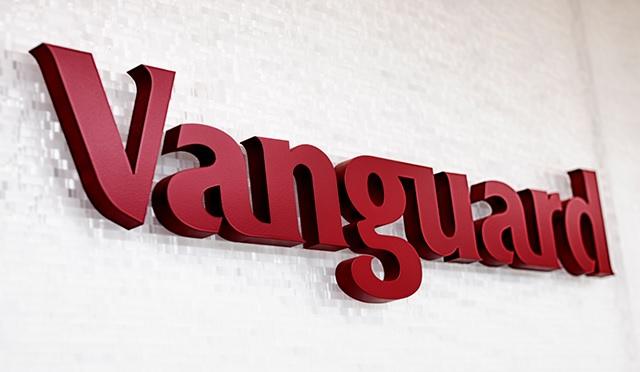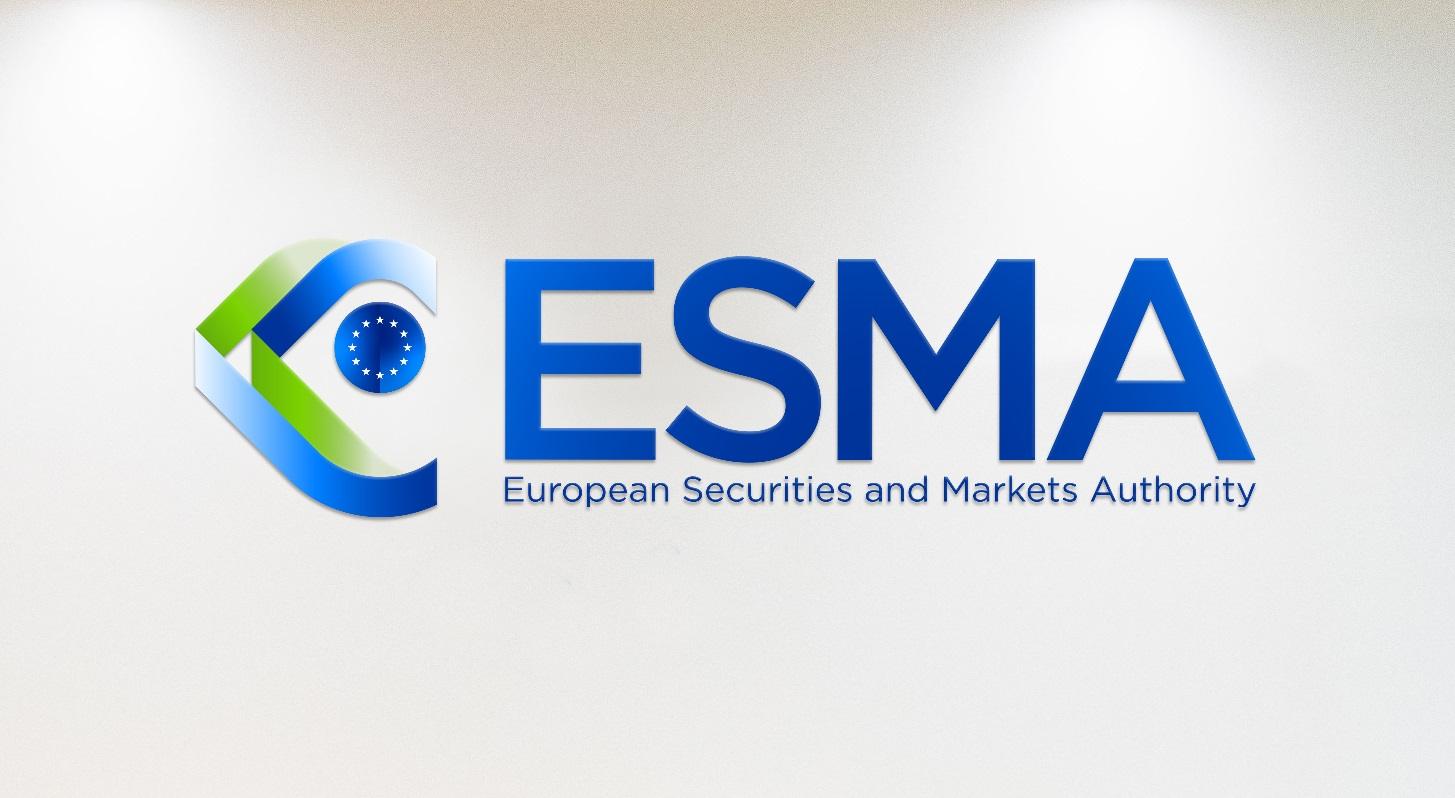Vanguard Introduces ESG-Linked Corporate Bond ETF
Vanguard Group, one of the largest fund companies in the world with over $6 trillion AUM, announced today that it is expanding its suite of ESG-linked investment products, with the introduction of the Vanguard ESG U.S. Corporate Bond ETF. The new ETF is Vanguard’s first ESG-focused fixed income product for U.S. investors.
The fund is expected to launch in September and Vanguard’s Fixed Income Group, which oversees more than $1.8 trillion in global assets, will serve as the fund’s advisor.
The new ETF launch comes as demand for ESG-themed investments of all kinds is rapidly increasing both in the U.S. and globally. According to Vanguard, U.S. investors hold more than $321 billion in assets in ESG mutual funds and ETFs and industry-wide assets for the fixed income indexed market doubled in 2019 to approximately $1.3 billion. Vanguard’s new ESG ETF aims to provide investors with exposure to a low-cost, diversified sustainable fixed income investment option, complementing the firm’s existing $10.6 billion U.S. equity ESG product suite.
Kaitlyn Caughlin, head of Vanguard’s Portfolio Review Department said:
“Vanguard’s new U.S. ESG bond fund illustrates our commitment to providing investors with quality investment products and the ability to construct a portfolio that reflects their values. Investors in this fund will benefit from our leading fixed income indexing capabilities, a low expense ratio, and robust screening process, all in an accessible and diversified manner.”
The new corporate bond ESG ETF will have an estimated expense ratio of 0.12%. It will seek to track the Bloomberg Barclays MSCI US Corporate SRI Select Index, a rules-based index that captures a broad cross-section of the U.S. corporate bond market and screens out the bonds of companies whose activities that do not meet specific ESG criteria.
Vanguard noted that there are consistent and established methods for screening corporate bonds in accordance with ESG criteria, while other areas of the bond market, such as government-backed or mortgage-backed debt securities do not have such procedures in place. With Bloomberg Barclays U.S. Corporate Index used as a baseline, Bloomberg and MSCI apply robust exclusion screens for the bonds of companies determine if the issuers are involved in, and/or derive threshold amounts of revenue from certain activities or business segments related to: adult entertainment, alcohol, gambling, tobacco, nuclear weapons, controversial weapons, conventional weapons, civilian firearms, nuclear power, genetically modified organisms, or thermal coal, oil, or gas.
Additionally, the index excludes companies that do not meet certain standards defined by the index provider’s ESG controversies assessment, including the United Nations Global Compact Principles, as well as companies that fail to have at least one woman on their boards or do not report board diversity.
The ESG screens are continually assessed and applied to the investible corporate bond market to determine appropriate, diverse representation and select highly liquid bonds to promote a more liquid ETF for investors to trade in the market.
We note that the new ESG-themed ETF comes as Vanguard appears to be increasingly mindful of ESG issues. Last month, for example, the firm published a report outlining its expectations for companies and their boards regarding climate risk governance, and an accompanying report detailing examples of recent proxy voting positions the company has taken to support this position.





